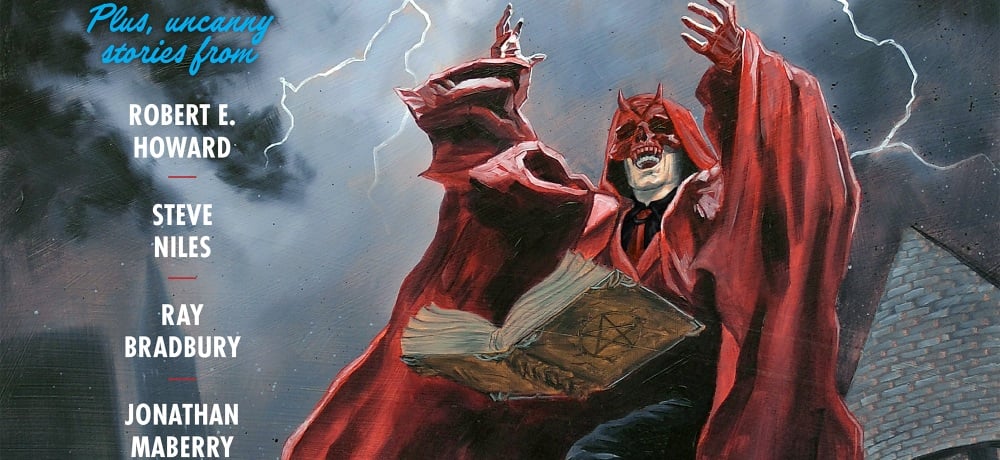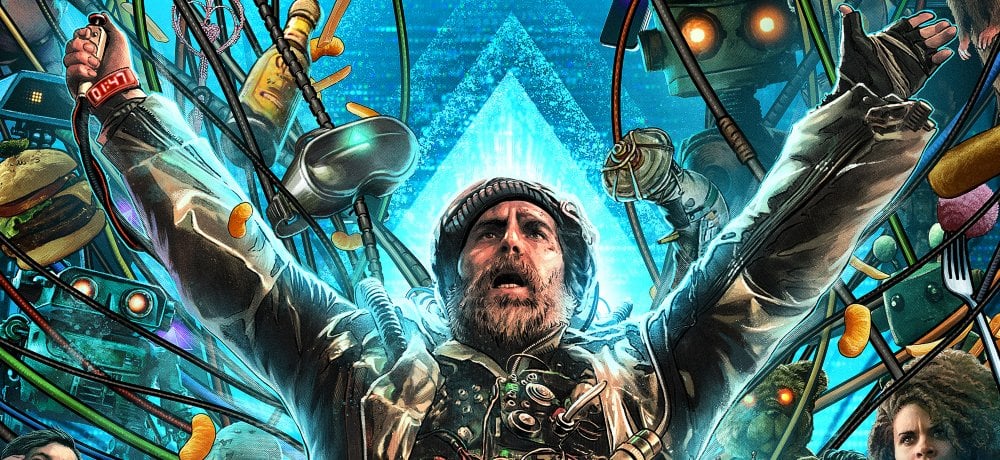





Ahead of its world premiere at Sundance last night, Joe Berlinger’s Extremely Wicked, Shockingly Evil and Vile garnered a lot of buzz, not all of it good, as many folks had already determined it a glorification of Ted Bundy after the release of the first trailer (writer’s note: I have yet to watch the trailer, but if it is as bad as everyone has said it is, that is truly unfortunate and I do hope the marketing steps in line with what this film is actually about). That being said, while Extremely Wicked does center around Bundy and the ramifications of the truly horrific and soulless acts he committed against his female victims, the film is also focused on examining the life of Liz Kloepfer, Bundy’s longtime girlfriend who had no idea she had a monster living in her home, helping her raise her daughter Molly, and how this man’s influence continued to loom over her even after he found himself behind bars, eventually being sentenced to death by electrocution.
The only real glamorization of Ted here is through Liz’s eyes, which makes sense because she did love him and we always see our significant others under a different lens than the rest of the world, but Extremely Wicked doesn’t ever try to convince us that Bundy was worth any sort of redemption. The man was, as the title suggests, shockingly evil, and if nothing else, Berlinger’s film should act as a cautionary tale as to how easy it can be for a sociopath to manipulate their way into someone’s life, and we also see how Liz coped with the media sensationalism that surrounded the former love of her life, and how she was finally able to break free of Bundy’s charismatic hold on her before he was finally executed in January 1989.
Growing up, I didn’t really know much about Ted Bundy, other than my mom had a book by Ann Rule, and I was not allowed to read it under any circumstances. I remember him being executed when I was in grade school, but beyond that, I just knew he was a terrible, horrible person who had killed a lot of women. When I was older and took a criminal justice class in college, they asked us to pick a notable figure from crime history to profile for a project, and I went with Bundy (being from Illinois, most people in my class were going with John Wayne Gacy, so I wanted to do something different), and I can remember the sheer horror I felt as I began to research who the man was and the grotesque things he would do to his victims. Going into Extremely Wicked, I was really hoping that the film would try to offer up something different than the countless books, documentaries, and articles on Bundy have already done, and I do think it achieves just that, by framing the story around Liz and exploring how anyone could be duped by someone so monstrous, and what kind of weight that left on her as more and more of Bundy’s crimes were exposed over the years.
As a film, Extremely Wicked is really solid and well-executed, but admittedly, there’s nothing wholly revelatory to Berlinger’s approach to the material, either. What ends up making the project feel like more than just a big-budget Lifetime movie, though, is the talent of the movie’s two leads, Zac Efron and Lily Collins, who deliver amazing performances that elevate the material. Throughout the film, we see Ted and Liz fall in love almost instantaneously, and it’s easy to see why—Bundy was smooth, he was approachable and surprisingly thoughtful, and handsome to boot. And as Berlinger starts off by showing us how these two came together that fateful night in 1969, we get why Liz was so quickly enamored by Ted in the first place. There will be a lot of discussion over the coming months about Efron’s performance in Extremely Wicked, and for good reason, because Zac’s work in the film is truly unlike anything we’ve seen from him thus far in his career. As someone who has been a fan of his for over a decade now (damn your irresistible charms, High School Musical) and knew this kid would one day hit strides of greatness, it’s awesome to see Efron finally get his moment in here.
But for as great as Zac is, the heart of Extremely Wicked is Collins’ character, Liz, and I think the up-and-coming actress really rises to the occasion here. Liz’s pain is palpable, her confusion is relatable, and I think there are a lot of people who will come away from this film with a greater understanding of just how people can stay in relationships like the one she was in with Ted, and how easily you can be manipulated by someone who was a bona fide sociopath.
It’s also important to note that Extremely Wicked is more interested in giving us a character study of Ted and Liz within the context of their relationship than it is in reveling in Bundy’s gruesome acts. In fact, we only ever see one moment of violence on display in the film, and for what it’s worth, I was glad to see that the film wasn’t giving us a play-by-play of what these poor women endured at the hands of Bundy (the film doesn’t downplay the atrocious nature of Ted’s acts, either). Berlinger seemed aware that this was a case where it was better to “tell and not show,” because a serial killer running around victimizing women is a movie I’ve/we’ve already seen countless times, so by focusing more on how someone like Ted could do these horrific things, but also lived a very “normal,” loving life with Liz and Molly, it seemed to me that Extremely Wicked was interested in exploring that duality and doing something different than what many true crime fans might have been expecting, which I really appreciated.
Also, something else I thought was incredibly important was that the film ends with a card honoring the 30 known victims of Ted Bundy, and as it can be so easy to lose sight of the real victims whenever you try to create a narrative centered around real-life events, I think it was a thoughtful touch to include these poor women in the end, so that ultimately, they become the very last thing we focus on in Extremely Wicked, which is how it should be.
It’s hard to understand just how our culture became so fascinated with serial killers, to the point where people have often canonized these figures and turned them into people who get worshipped by cult-like fanatics, but it might have begun with Ted Bundy, as his trial in Florida was the first ever to be broadcast on television, and there are aspects of Extremely Wicked that put the onus on that obsession squarely on the media—and rightly so. Sure, Ted was charming, charismatic, and incredibly intelligent, but had the media not fed into his ego and narcissistic tendencies, and given him a platform countless times, perhaps the legacy of this man wouldn’t have become what it was (and in some ways, still is amongst those who still deify Bundy for some ungodly reason), and Liz might have had a better shot at regaining some normalcy in her life at that point as well. There are a lot of lessons to take away from Extremely Wicked, Shockingly Evil and Vile, and I can only hope that we never experience anything like the sensationalism surrounding Ted Bundy ever again.
Movie Score: 3.5/5
---------
Want to read other reviews and interviews from Sundance? Check here to read all of Daily Dead's live coverage of the 2019 Sundance Film Festival!